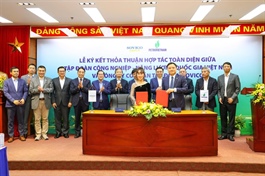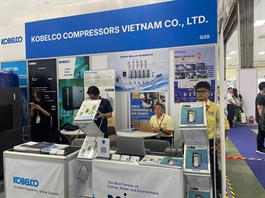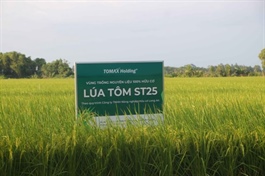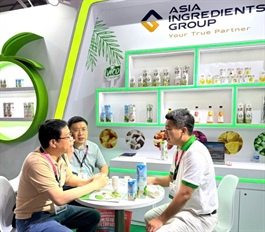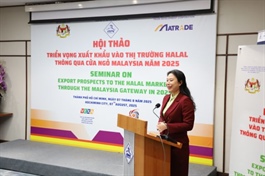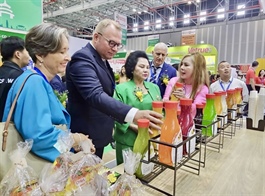Businesses thrive with EPR implementation
Businesses thrive with EPR implementation
Businesses play a central role in implementing the Extended Producer Responsibility (EPR) and promoting a circular economy to replace traditional linear models, said Nguyễn Thành Yên, deputy head of the Legal Issues and Policies Division, Department of Environment under the Ministry of Agriculture and Environment.
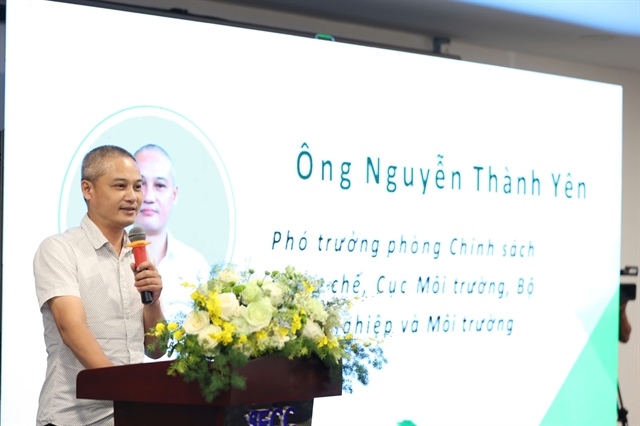
Nguyễn Thành Yên, deputy head of the Legal Issues and Policies Division, Department of Environment under the Ministry of Agriculture and Environment, speaks at the “Green Packaging Forum: EPR Journey Towards Sustainable Value” held on August 8 in HCM City. —VNS Photo |
“We are entering a new phase of development where traditional economic models based on resource exploitation, linear consumption and large emissions are no longer suitable,” Yên said at the “Green Packaging Forum: EPR Journey Towards Sustainable Value” held on August 8 at the Saigon Exhibition and Convention Centre in HCM City.
“Green transition and the circular economy have become inevitable trends and an urgent requirement in the development strategy of businesses,” he said.
In that process, Việt Nam has implemented the EPR policy that requires producers and importers to take responsibility for collecting, recycling or treating the waste generated from their products and packaging.
However, challenges remain after over one year of enforcement, especially in legal consistency, he said.
In response, the Ministry of Agriculture and Environment has drafted a decree to guide EPR implementation. The draft aims to clarify rules and improve transparency and feasibility.
He emphasied the central role of businesses in implementing EPR and promoting the circular economy as businesses create products and decide on raw materials, packaging design, product life cycle, and distribution channels.
They are also the pioneers holding the technology, financial capacity and creativity to lead the transition to a circular economic model.
“EPR is not just a legal obligation but a chance for businesses to go green, improve brand reputation and become more competitive globally,” he said.
“EPR is considered as a key, not a burden,” he said.
He called on businesses to be proactive, innovative and invest in circular practices. He also affirmed the State’s commitment to creating stable, transparent and practical policies to support the transition.
“The government will work closely with businesses in this process, not only to oversee implementation but more importantly to create a supportive and transparent policy environment,” he added.
The forum, co-organised by Việt Nam News and Law and Vinexad National Trade Fair & Advertising JSC, gathered over 100 delegates from government, industry, recycling, international organisations, startups, and academia.
- 11:11 08/08/2025




